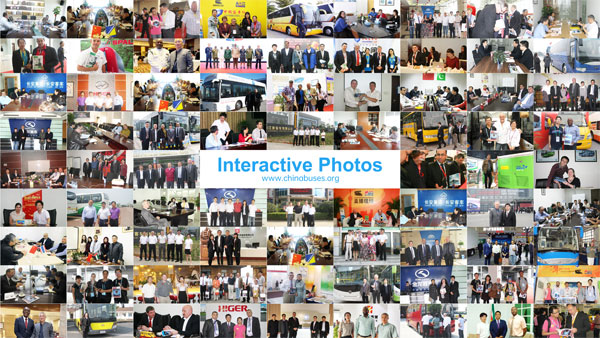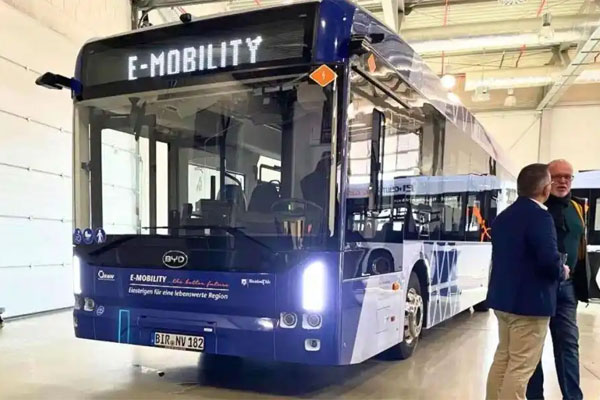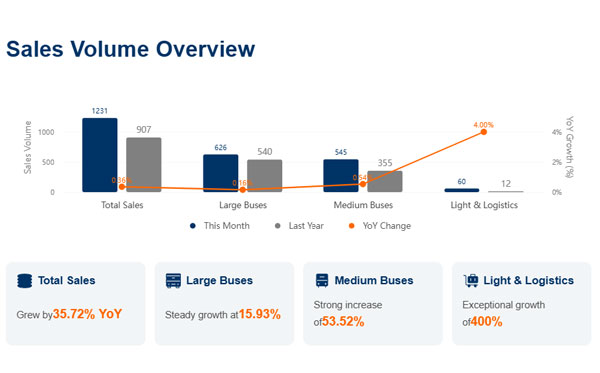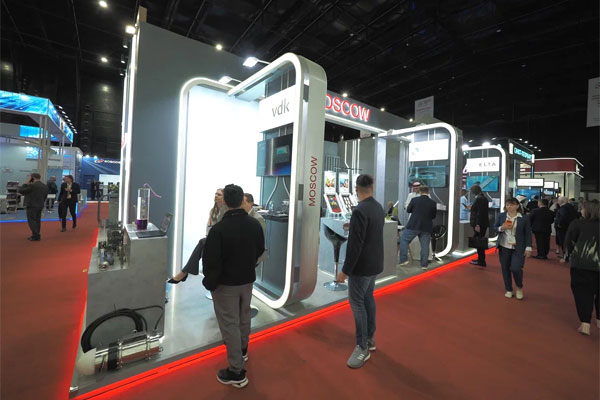Alcoa Buses to Debut at Olympics in China
28 August 2008
Alcoa partnered with Zhengzhou Yutong Bus Co., Ltd. to develop the new, environmentally friendly bus prototypes.
The buses were completed in the past few weeks, ready for the Olympics.
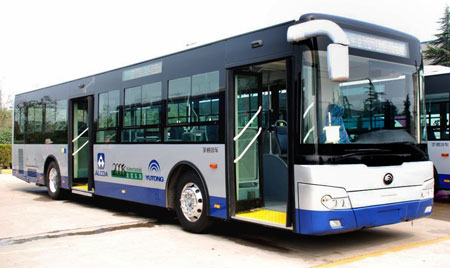
From the outside, the two buses Alcoa created to send to China look like any other buses.
But their structures, made with aluminum, have the makings to save thousands of gallons of diesel fuel and to reduce close to 100 tons of carbon dioxide emissions over the life of the bus.
This is the first time buses like these have been made in China, said Russ Long, chief design engineer-ground transportation at Alcoa Technical Center in Upper Burrell.
"This is certainly the biggest effort like this in China," he said, "and China really has the largest bus market in the world."
The bus looks just like the ones in popular use in China.
"If you stepped onto the bus, you wouldn't be able to tell that it was aluminum or steel," Long said. "They use the same interiors and the same exterior paint."
The buses will be used and tested, Long said. How they will be used is up to Yutong, Long said, adding that the company provides buses for riders in Beijing.
Long was a designer for the project. Alcoa met with Yutong to develop an aluminum design for the upper bus body.
The structural design work and creation of the components was done at Alcoa Technical Center.
Component parts were sent to China; final assembly of the bus frame and the addition of engines and interiors was completed in China, Long said. Long was in China for the early part of the assembly.
"We've had a very good working relationship with our partner through the design stages," Long said. "And it was very nice to see the whole thing come together into a functioning bus."
The mostly aluminum bus is about 2,400 pounds lighter than a steel bus, Long said.
The idea for using aluminum instead of steel for the bus frame came about when Alcoa's marketing group was comparing the fuel economies of different types of vehicles, he said.
The group found that buses are gas hogs because of the stop-and-go driving. A lighter bus uses much less fuel, Long said.
Over the life of the bus, each will save about 7,000 gallons of fuel. The typical life of a bus in China is about eight years and 600,000 miles.
Less fuel burned means less carbon dioxide and other pollutants emitted. Each bus will reduce 82 tons of CO2 emissions over the life of the bus.
Long expects that use of aluminum in buses will catch on. There are some places in Europe and elsewhere that use buses with aluminum frames and other large parts.
"I certainly think all of the bus manufacturers will be using more and more aluminum to make the buses lighter," he said.
Source : english.chinabuses.com
Editor : admin
Views:3916



